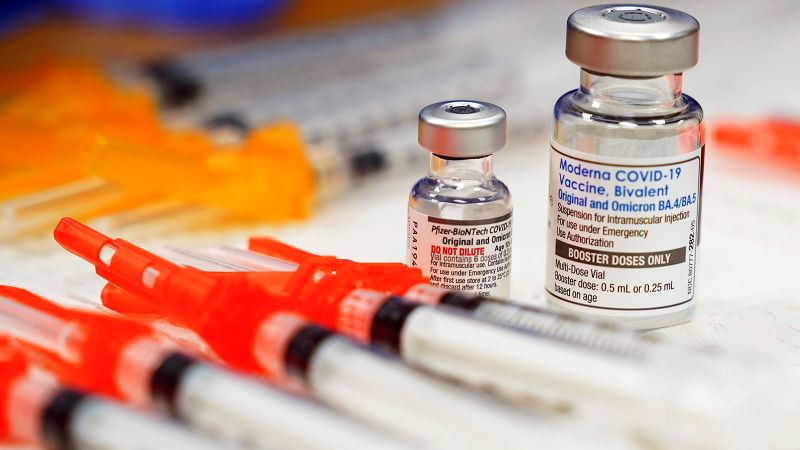As the United States experiences an uptick in COVID-19 transmission, many citizens find themselves grappling with newfound uncertainty regarding federal vaccine guidelines. The recent changes have generated confusion surrounding vaccine availability, particularly as autumn approaches. These developments have sparked increased concern among Americans, especially those at higher risk for severe illness.
Historically, the U.S. has witnessed a summer surge in COVID-19 cases annually since the inception of the pandemic. In 2023, however, this expected seasonal wave has surfaced later than anticipated and appears to be less severe than in previous years. Surveillance data from WastewaterSCAN reveals that the concentration of COVID-19 in wastewater saw a modest rise from June to July. While there were localized surges in certain areas of the country, the overall levels remain significantly lower compared to this same period last year.
Epidemiologist Caitlin Rivers offered her insights in a recent newsletter, noting her initial hypothesis that a relatively weak winter wave might lead to a more intense summer wave due to reduced immunity in the population. However, she revealed that the actual activity has been less vigorous than expected, expressing cautious optimism about potential developments in August, yet remaining uncertain about the scale and duration of the current increase in cases.
Dr. Jennifer Nuzzo, an epidemiologist and director of the Pandemic Center at Brown University, echoed Rivers’ concerns. She emphasized the importance of timely availability of updated COVID-19 vaccines to safeguard those particularly vulnerable to severe outcomes. “My biggest worry at this point is the uncertainty about when updated COVID vaccines will become available and who will be able to get them,” Nuzzo stated, underscoring the urgency of protecting high-risk groups.
Polling data from the Kaiser Family Foundation (KFF) indicates that a significant portion of American adults are not planning to receive a COVID-19 vaccination this fall. Among those who do intend to get vaccinated, concerns loom over the accessibility of the vaccine and the potential lack of insurance coverage for the cost. Additionally, the recent rhetoric from U.S. Department of Health and Human Services Secretary Robert F. Kennedy Jr. has further complicated the situation. He suggested that the COVID-19 shot may no longer be recommended for healthy children and pregnant women, restructured a federal vaccine advisory panel, and initiated discussions regarding the longstanding federal childhood vaccine schedule.
Polling conducted around mid-July revealed that although about a quarter of U.S. adults perceive Kennedy as having made significant alterations to vaccine policy, 40% of respondents were unsure about the implications of these changes. Among those planning to receive the vaccine, older adults and Democrats were more likely to express concerns over availability and lack of coverage by health insurance providers.
Adding to the uncertainty, many parents remain unclear about the federal health agencies’ current recommendations regarding COVID-19 vaccinations for healthy children. The KFF data suggests that personal healthcare providers continue to hold the highest trust among the public when it comes to vaccine-related information. However, trust in institutions such as local health departments and the Centers for Disease Control and Prevention (CDC) has seen erosion over the years, even as a majority of adults still regard these sources as reliable.
Compounding this trust gap is the perception surrounding Kennedy, which reveals that only 37% of adults regard him as a reliable provider of vaccine information. This skepticism was further highlighted by KFF findings that a notable segment of the population believes recent changes in vaccine policy may actually reduce safety levels for the public.
To mitigate potential risks, Rivers has recommended that those interested in receiving the upcoming annual COVID-19 vaccine do so sooner rather than later, despite the fact that the new formulation is set to be released closer to autumn. She believes that early vaccination could offer protective benefits against the current summer wave of infections and alleviate access concerns that could manifest as demand increases in the future. Thus, as the situation evolves, public health recommendations will play a crucial role in shaping the response to COVID-19 in the coming months.












